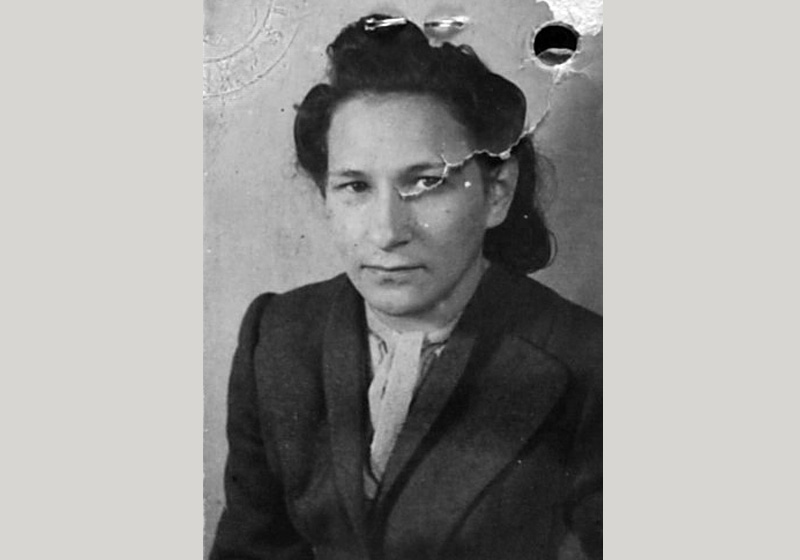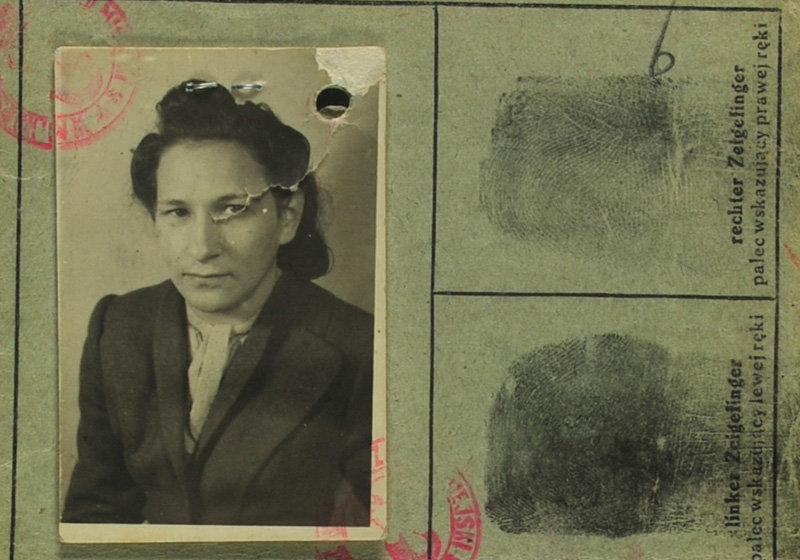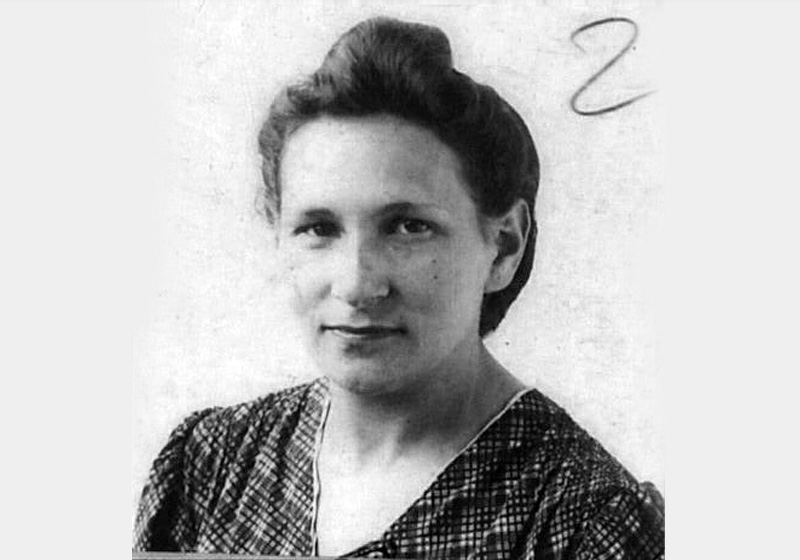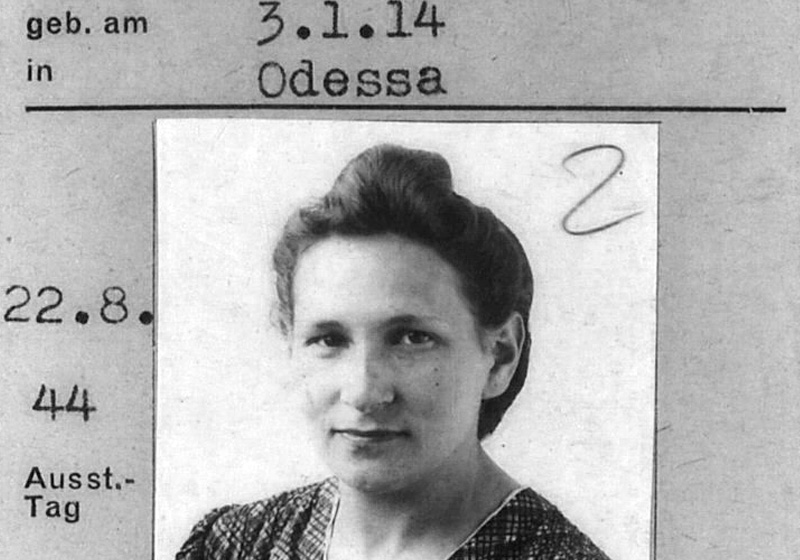"Remember Your New Name "
Surviving the Holocaust under a False Identity
Feige Einhorn survived under an assumed identity in the Aryan section of Warsaw
Feige Einhorn was born in 1914 in Warsaw, to parents Menucha and Shimon. She had two brothers, Hirsch-Heniek and Yaakov-Kuba. Shimon passed away before the war. Feige studied law at the University of Warsaw, receiving her legal qualifications in 1936. Hirsch married Bronka, and they had a daughter, Irenka.
On 1 September 1939, Nazi Germany attacked Poland. Warsaw surrendered on 28 September, and in October, a Judenrat (Jewish Council) was established in the city. Feige found work at the Judenrat for a few months, registering the Jewish population of Warsaw. Hirsch opened a store for paper and writing materials, which supported the whole family, and where his younger brother was employed. When the Warsaw ghetto was established, Feige and Menucha stayed in their apartment on Nowolipki Street, as it was within the boundaries of the ghetto, but slowly, more and more people came to share it with them. They lived in very cramped conditions, and suffered incessantly from hunger. Hirsch, Bronka and Irenka lived in a different apartment in the ghetto. Feige gathered a few children from the adjacent houses, and taught them subjects usually studied in grade school. One of her neighbors, an artist by profession, set up a children's theater, but it was shortlived. The misery and shortages in the ghetto increased daily. People were seized for labor, and parents were terrified to send their children to school.
Many ghetto inmates perished from starvation and disease. Feige's Polish friends advised her to leave the ghetto and to live in the Aryan section of the city, declaring that "life in the ghetto has no future." Feige would meet them in Warsaw's courthouse, which had two entrances: one inside the ghetto, and the other on the Aryan side of Warsaw.
The Great Deportation from the Warsaw ghetto began on 22 July 1942, and culminated on 21 September. During this period, approximately 265,000 Jews were deported from the ghetto. After the Great Deportation was over, Feige understood that she had to escape, and in October, she left the ghetto with false papers in the name of Janina Stabrowska, a Polish Catholic born in Odessa. She received the papers from her Polish friends. They made sure to register her in Warsaw's Polish population registry, and with their help, Feige moved into an apartment on Narbutta Street. The apartment belonged to a lawyer who had left Warsaw, and very few Poles remained on the street, which was now mostly populated by Germans. No one suspected that a Jew would dare live in the heart of a German neighborhood. Feige lived in the Aryan sector of Warsaw for almost two years, until the Polish Uprising in August 1944, after which the deportation of Warsaw's Polish population began. Feige-Janina was one of those deported from Warsaw at this time. She was loaded onto a cattle car, and taken to a forced labor camp in Berlin, where she worked in an AEG factory. Feige survived the heavy bombardments of the city, and was liberated by the Red Army.
After liberation, Feige returned to Poland. Her mother, her two brothers, her sister-in-law and niece had all been murdered. Feige decided to keep her assumed name, and in 1957 Janina immigrated to Israel.
In 1989 Mieczysław Dobrowolski was recognized as Righteous Among the Nations for helping Feige escape the ghetto and sheltering her in his home for two years, and also for saving the lives of many other Jews.
In 2012, Dalit Sternik, the daughter of Janina Stern (Feige Einhorn), submitted Pages of Testimony to Yad Vashem in memory of her grandmother Menucha, her uncles Hirsch and Yaakov, and other relatives. In 2015 Feige's false identity papers were donated to the Yad Vashem Archives as part of the "Gathering the Fragments" project. The papers are displayed here.




